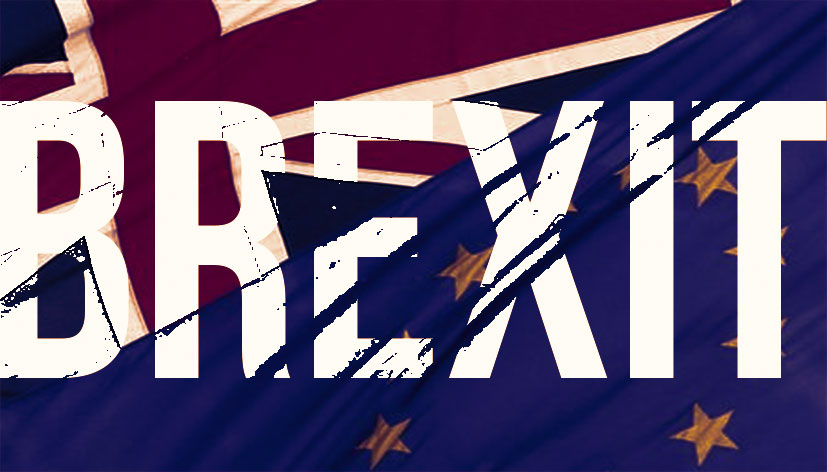While we have yet to understand the full impact of Brexit, the UK’s decision to leave the EU remains one of the most contentious and potentially destructive for generations. Everyone is likely to feel the heat, from regular households to the large corporations that create jobs and growth nationwide.
Make no mistake, however, it is international businesses that are most likely to be in the short-term. For British based firm that pander to the needs of a European audience, Brexit remains a great unknown that could cause huge disruption. With the IMF reducing the UK’s growth forecast by nine percentage points to 1.3%, we must face a period of huge struggle and uncertainty.
How to Adapt your Business Model in the wake of Brexit
One thing is for sure; businesses of this ilk will need to alter their business models if they are to survive a post Brexit landscape. Here are some of the key considerations for entrepreneurs: –
Target New and More Remote Markets
It is often said that one man’s crisis is another’s opportunity, and this is certainly true in the case of Brexit. While leaving the EU may make it harder to deal directly with member states (and more expensive, too), it also offers business-owners the chance to expand their reach and target lucrative markets outside of the European Union.
Quickly developing nations such as India and Brazil offer a relevant case in point, for example depending on the nature of your business and the product (or more likely service) that it sells. Opportunities may also exist in the Commonwealth, with the UK free to negotiate new trade deals once their EU departure has been finalised.
So while you may be forced to play a waiting game for now, there is no reason why you cannot begin to identify potential, new markets ahead of time.
Utilise Professional Corporate Travel Services
While your business can still trade and host EU partners, the terms of the UK’s settlement will dictate how profitable and viable these clients are. Depending on the cost and red tape involved, you may need to reduce your firm’s reliance on the EU and reconsider the way it manages its business.
Sending representatives overseas to meet with European partners will become far more difficult, for example, from restrictions on the freedom of movement to the type of documentation required to travel. In these instances, your firm may need to rely on corporate travel service providers such as Statesman Travel to provide a more seamless and cost-effective experience for you and your international representatives.
Consider the Merits of Relocation
On a final, and altogether more drastic note, you may even want to consider relocating your business to a more favourable location within the EU. This is a huge step, but depending on the nature of your business it may be the best way of driving growth and profitability over the course of the next few years.
This is well worth thinking about, especially if you deliver financial services to a host of clients within the EU. Remaining within the boundaries of the Union may prove central to your chances of optimising the service that you sell while leveraging the highest possible profit margins.
With this in mind, compare your options and consider the estimated cost of relocating to specific regions. This will at least open your mind and enable you to make an informed decision on your businesses future going forward.



 Bitcoin
Bitcoin  Ethereum
Ethereum  XRP
XRP  Tether
Tether  Solana
Solana  USDC
USDC  TRON
TRON  Lido Staked Ether
Lido Staked Ether  Cardano
Cardano  Avalanche
Avalanche  Toncoin
Toncoin